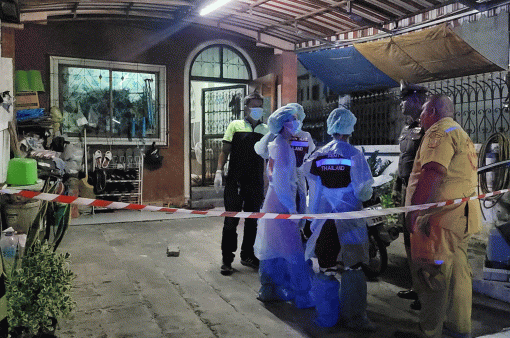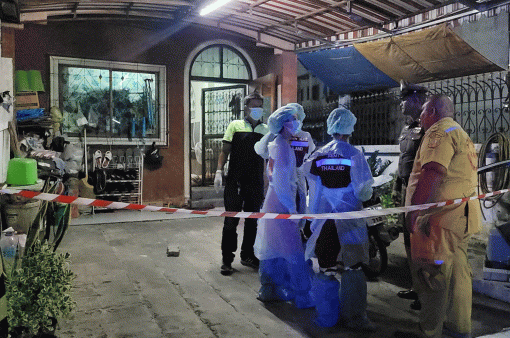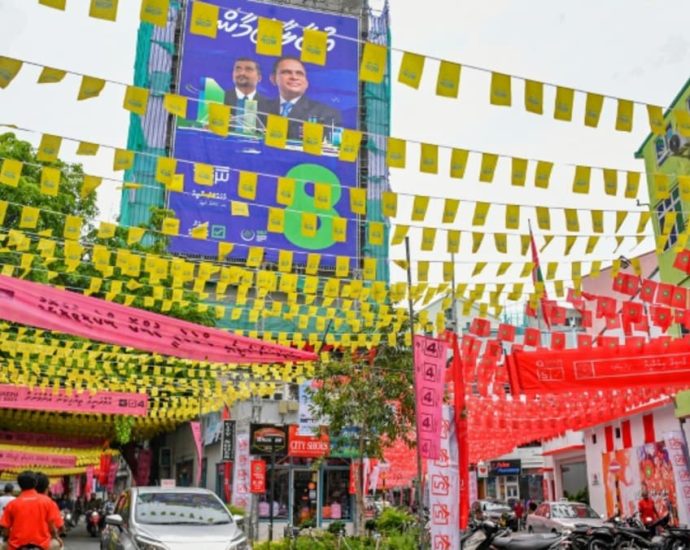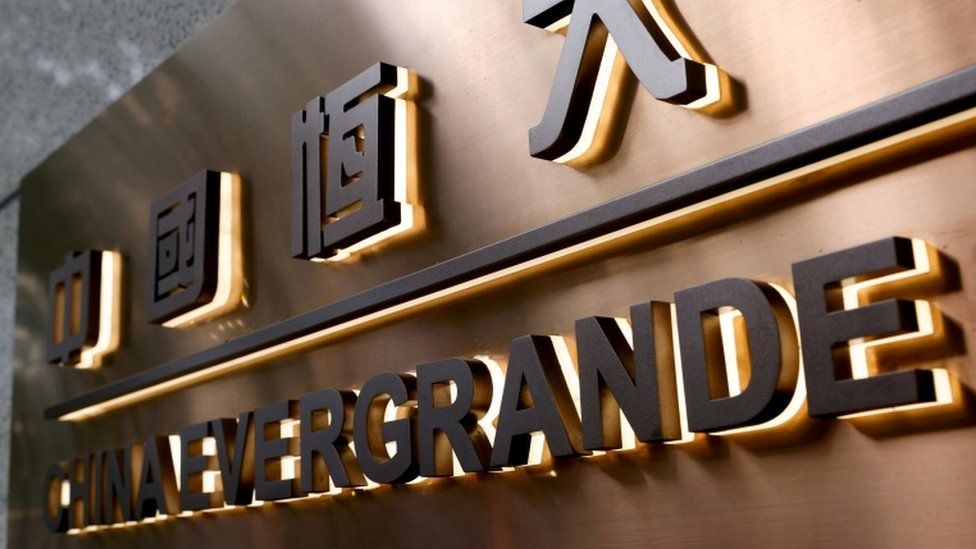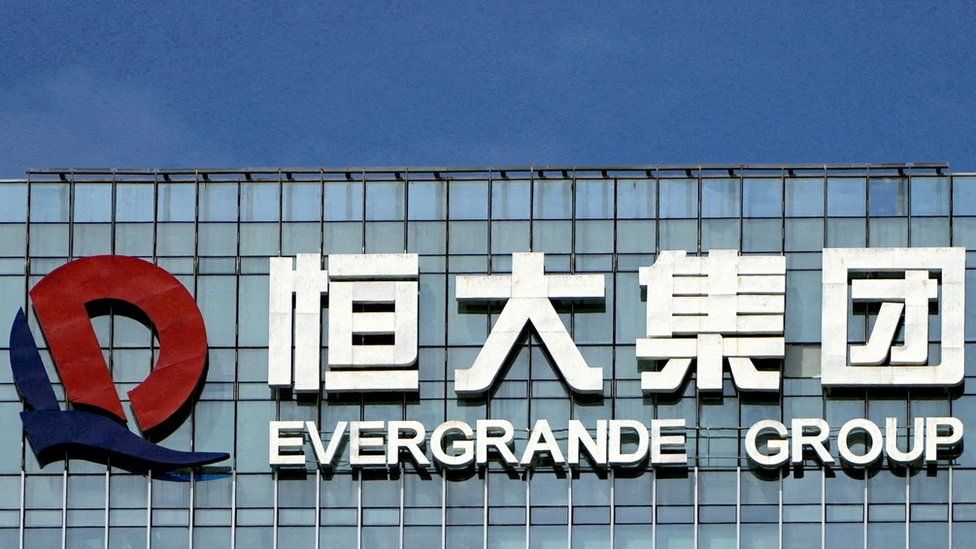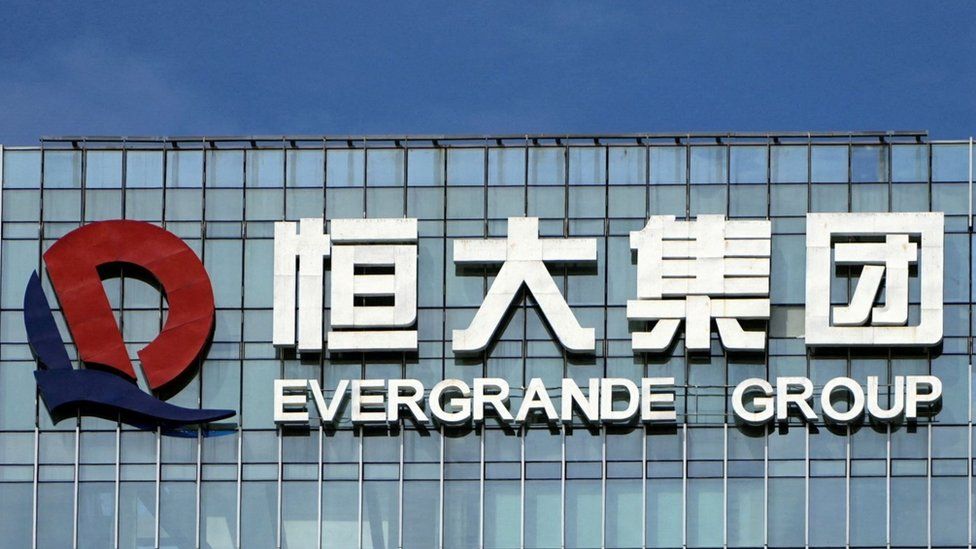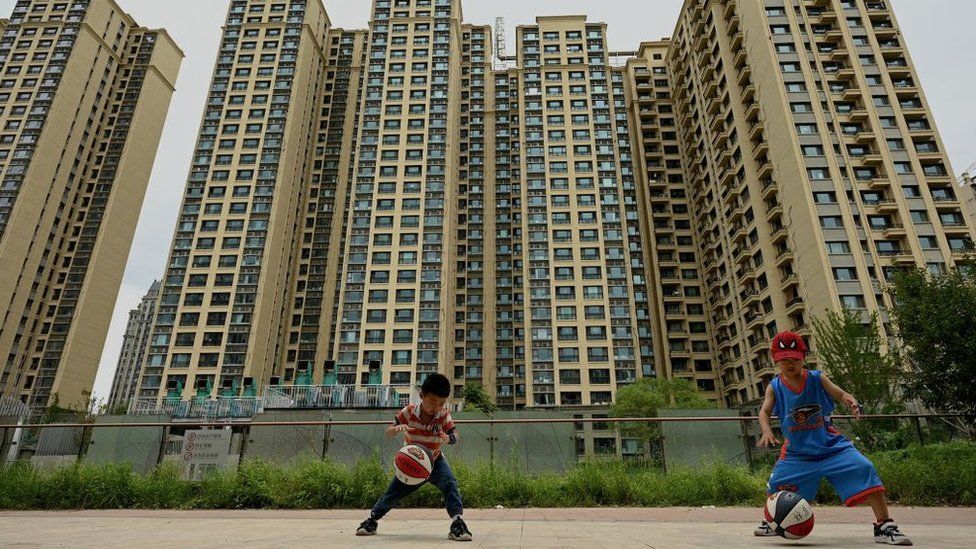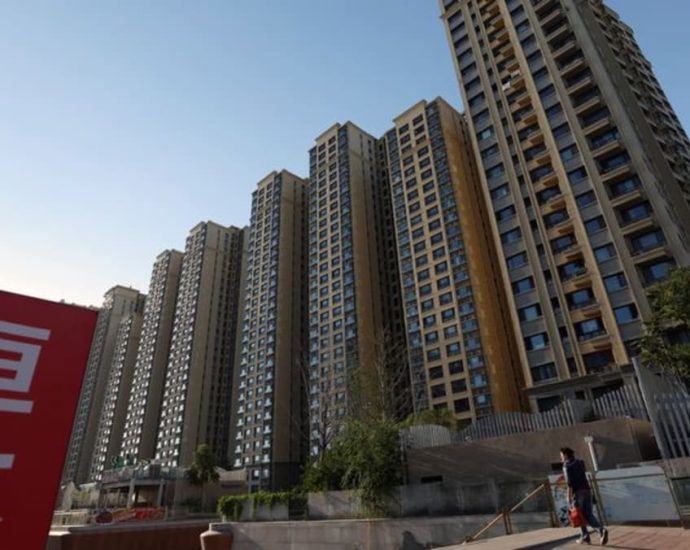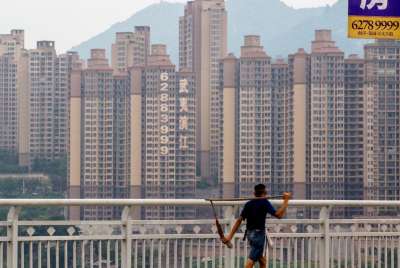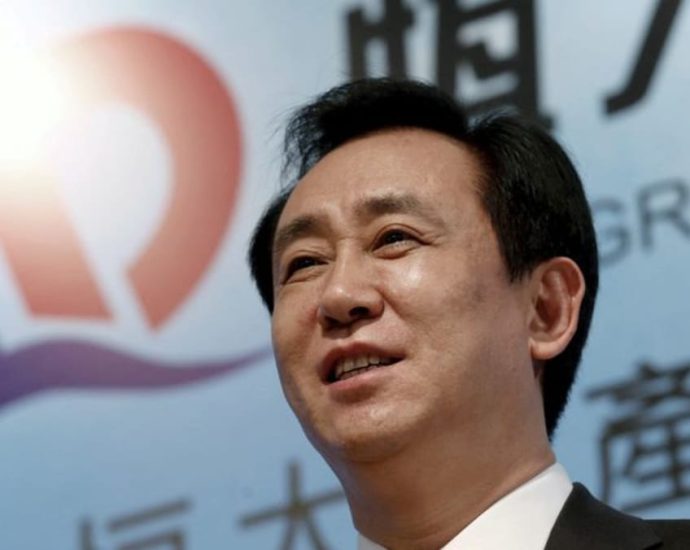Woman arrested for opening bank account for scam gang linked to family tragedy
PUBLISHED : 28 Sep 2023 at 12:27

A woman, who had opened a mule bank account for a scam gang linked to a family tragedy in Samut Prakan in August, was arrested at the Aranyaprathet immigration checkpoint in Sa Kaeo upon her return from Cambodia on Wednesday afternoon.has been arrested at Aranyaprathet immigration checkpoint in Sa Kaeo after she returned from Cambodia.
Immigration investigators, local police and paramilitary rangers arrested Jirapinya Naeyued, 22, at the inbound passenger terminal shortly after crossing the border through Ban Khlong Luk checkpoint from Cambodia’s Poipet town, Pol Col Rung Thongmon, chief of Sa Kaeo immigration police, said on Thursday morning.
The arrest followed information that a suspect who had opened a mule bank account for a scam gang linked to a tragic incident in Samut Prakan, where three family members were murdered, was returning to Thailand through Ban Khlong Luk checkpoint. The suspect had been involved with the scam gang operating in Poipet.
Ms Jirapinya was wanted under an arrest warrant issued by the Samut Prakan provincial court on charges of collusion in fraud, inputting false information into a computer system that caused damage to people and participating in transnational criminal activities.
During questioning, the woman admitted to being the individual named in the arrest warrant. She was initially detained by immigration officers before being handed over to Bang Kaeo police in Samut Prakan for further legal proceedings.
Earlier, deputy national police chief Pol Gen Surachate Hakparn said the scam gang was responsible for a family tragedy in Samut Prakan. In this incident, a man killed his wife and two sons at their home in Bang Phli district on Aug 28. The man, devastated after his wife fell victim to the gang and incurred a substantial debt, unsuccessfully attempted to take his own life.
On Aug 29, another woman, who opened a bank account for the same scam gang, was arrested as she returned to Thailand from Cambodia through a border checkpoint in Sa Kaeo.
Earlier this month, four Thai people, including three women, were arrested in Poipet for allegedly making the scam calls that resulted in the family tragedy in Samut Prakan.

